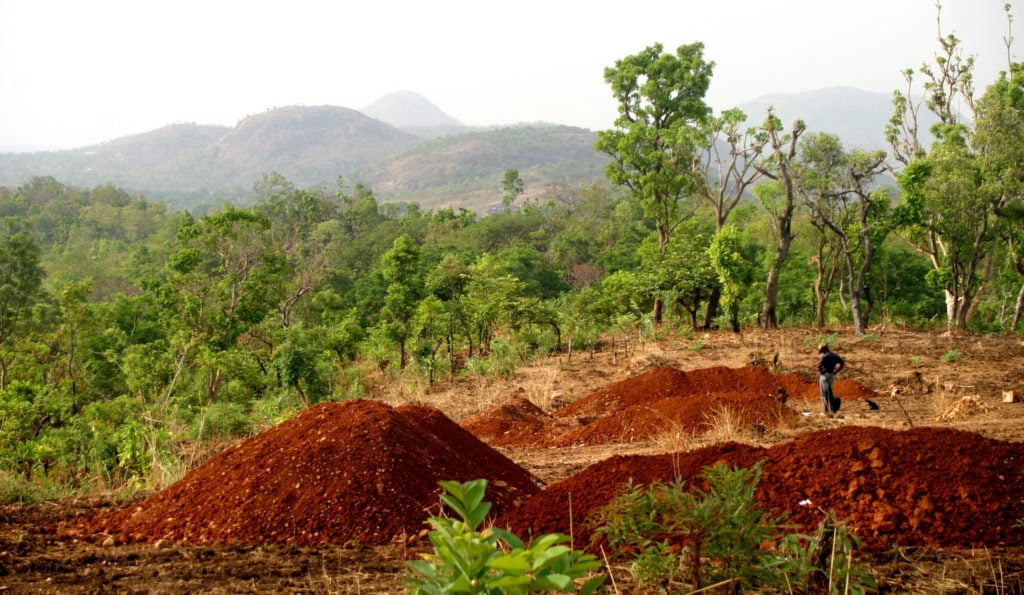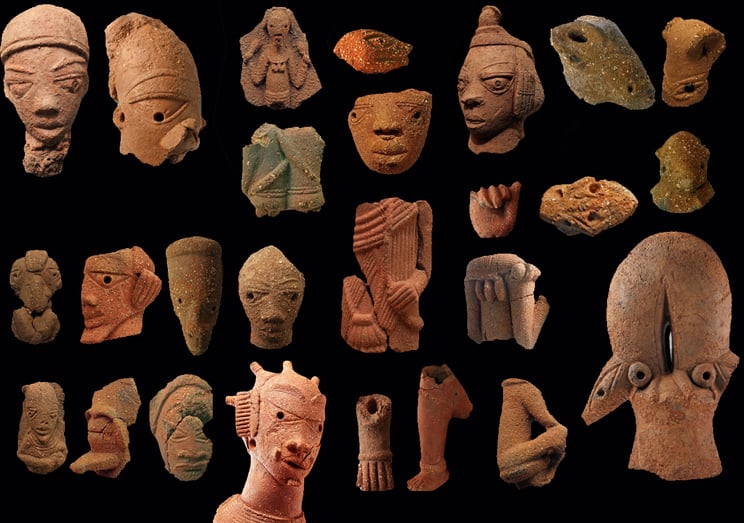Art World
Two Archaeologists, Kidnapped Near Dig Site in Nigeria, Freed Unharmed
Two local hunters were killed trying to stop the abduction.

Two local hunters were killed trying to stop the abduction.

Alyssa Buffenstein

Two archaeologists, Peter Breunig and Johannes Behringer, were kidnapped at gunpoint on Wednesday at a dig site near Janjala Village in Kaduna state, Nigeria, and freed unharmed on Saturday evening.
The kidnappers asked for 60 million naira (about $191,000) for the release of the two German nationals Breunig and Behringer, but according to AP, Nigerian security agencies were able to secure the release of the archaeologists without paying a ransom.
According to the German foreign ministry, the two victims are “doing well considering the circumstances.”
Today, kidnapping for ransom is reportedly common in Nigeria. Once the ransom is paid, the victims are usually released unharmed.
In this case, the two other members of the archeological team, both women, were not targeted by the gunmen, but two local men were shot and killed while trying to prevent the abduction. They have been identified by the Nigerian Premium Times as Anas Ibrahim and Adamu Abdulrahim.

Some terracotta figures found by Breunig and Behringer’s team. Image courtesy Nok Culture Archaeological Studies in Central Nigeria.
A witness told the online newspaper that many locals knew the archeologists, who often traveled between the towns of Abuja and Kaduna for work.
“So we felt personally concerned that this [sic] very friendly foreigners are innocently abducted by criminals under our nose,” said Usman Kagarko. He said that he and others attempted to stop the abduction, but the kidnappers opened fire, killing Ibrahim and Abdulrahim.
Behringer, in his 20s, is Breunig’s assistant. They are half of a four-person team from the Goethe University in Frankfurt, working with Nigeria’s National Commission for Museums and Monuments to find objects belonging to the ancient Nok culture, known for its terracotta sculptures.
Since 2003, Breunig has been editor of the Journal of African Archeology. His research specialty is African prehistory, and he has previously conducted fieldwork in Burkina Faso, Namibia, and Nigeria.